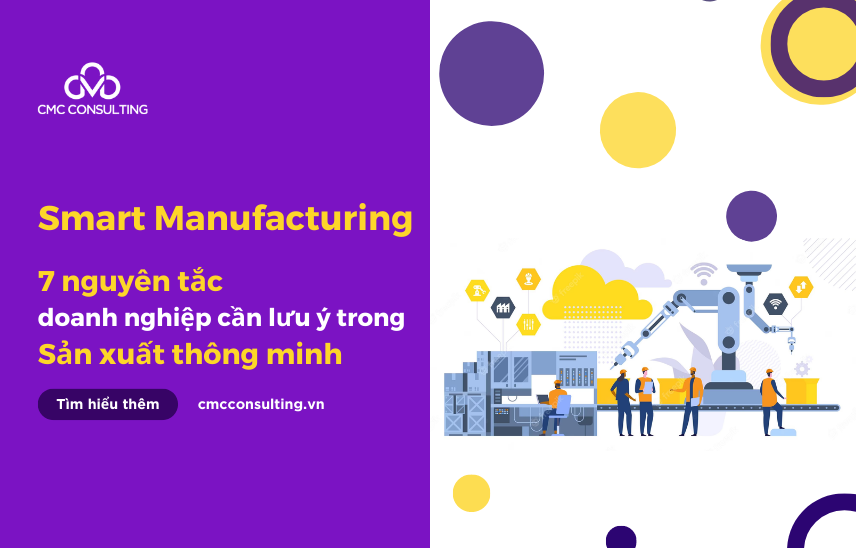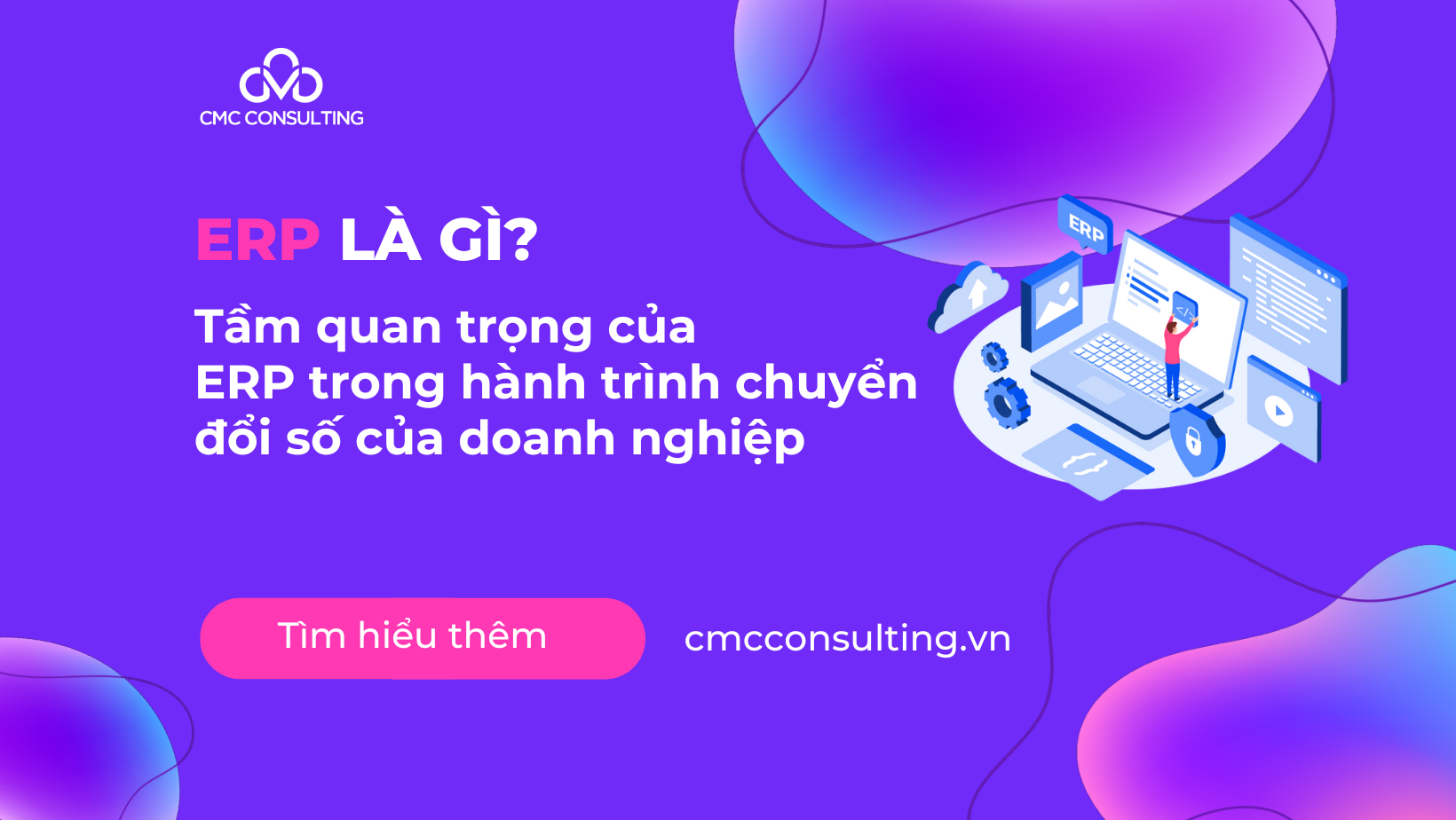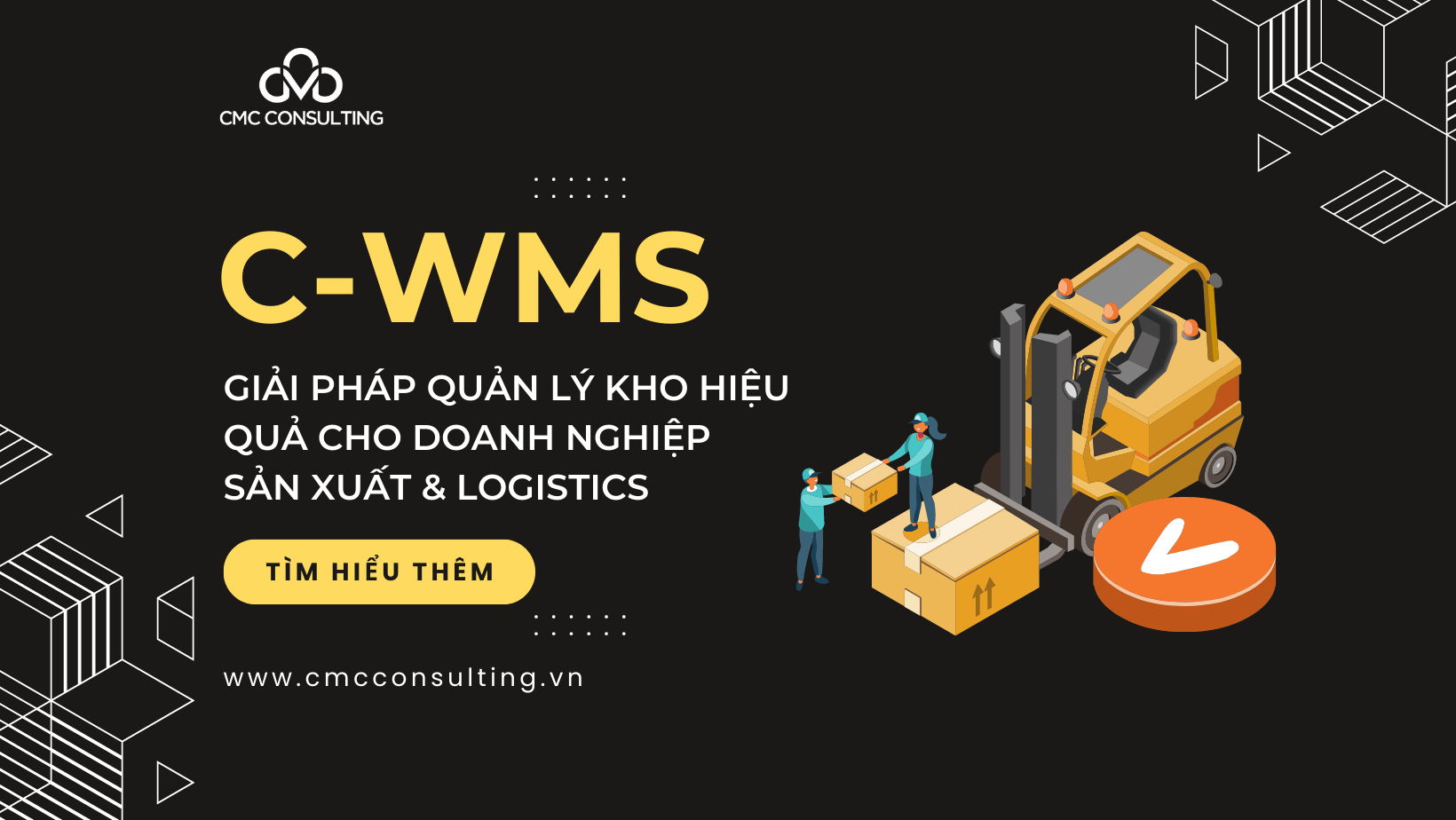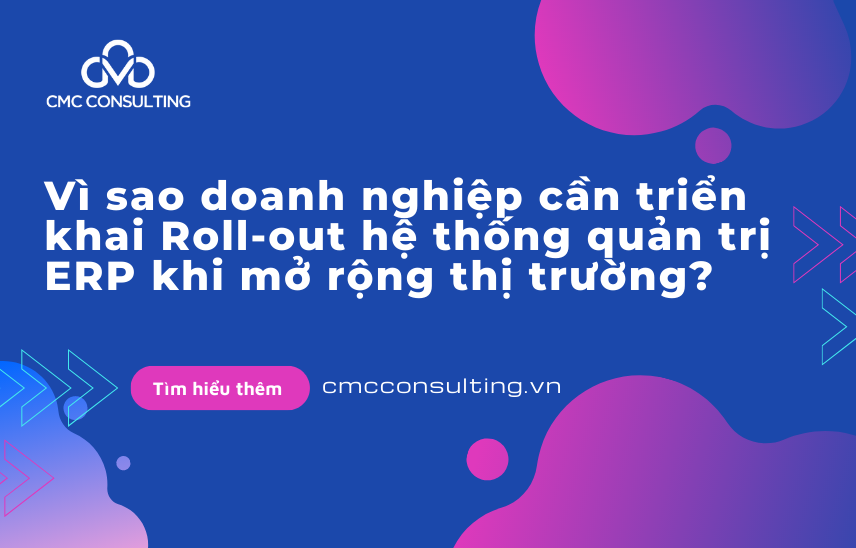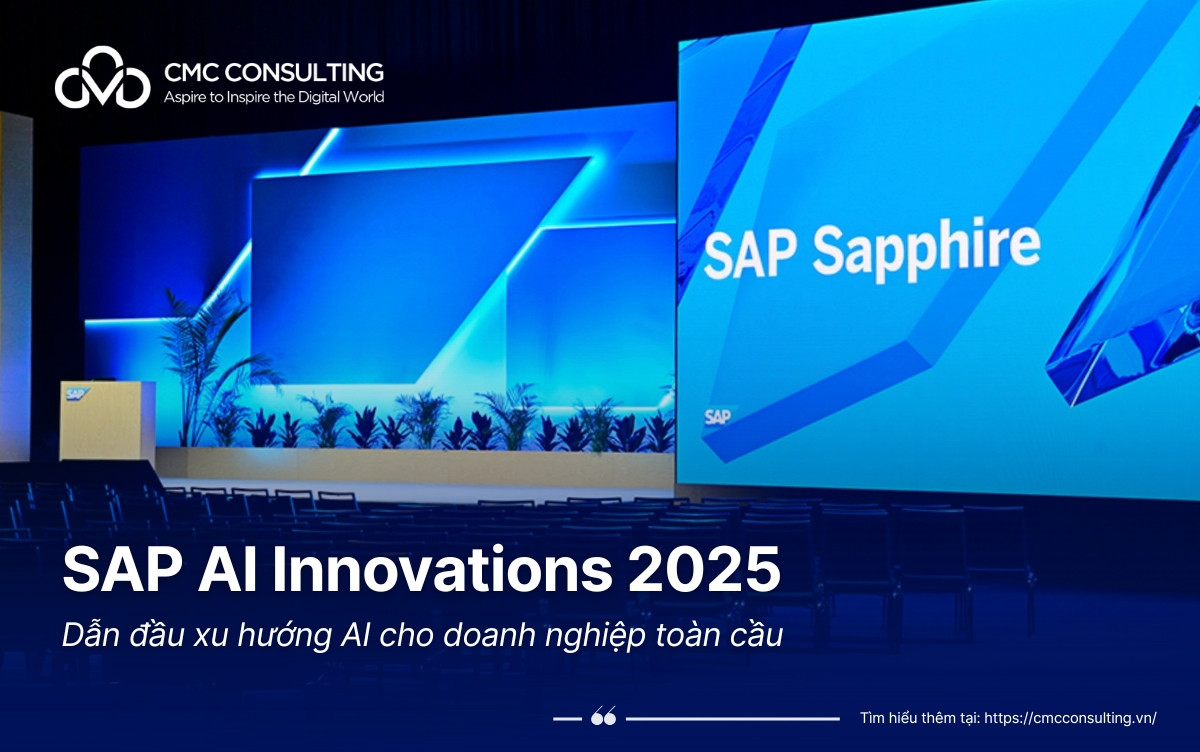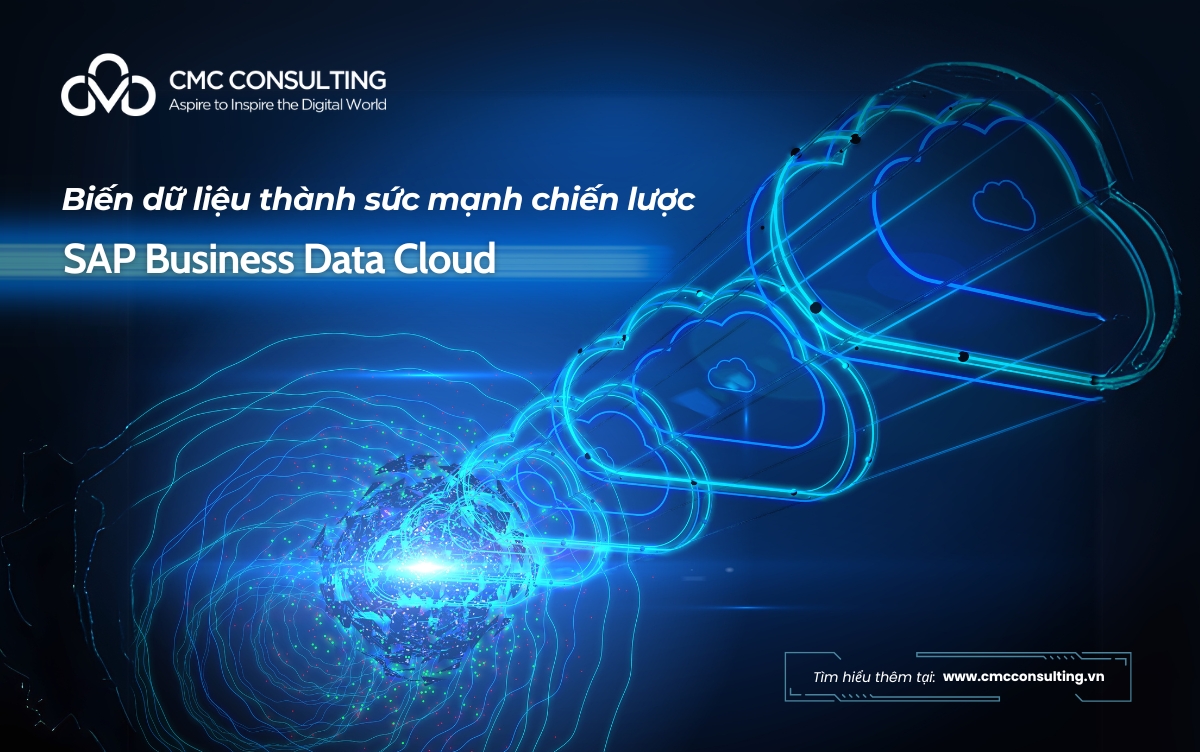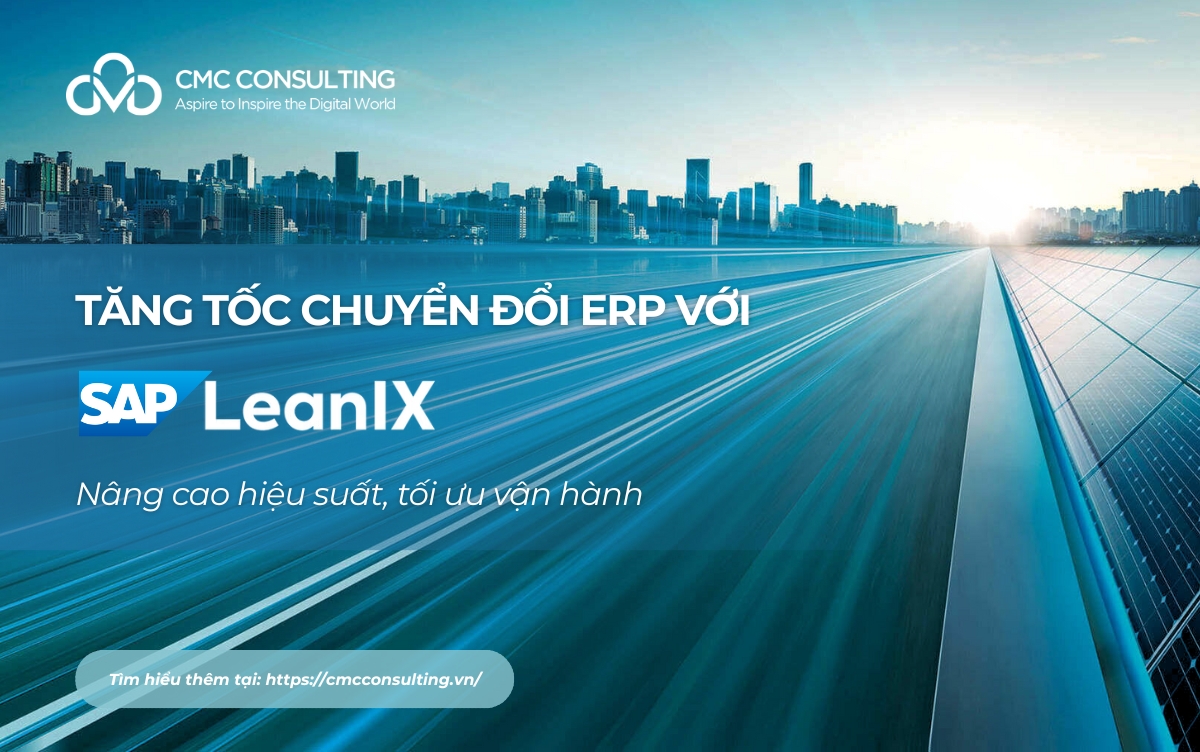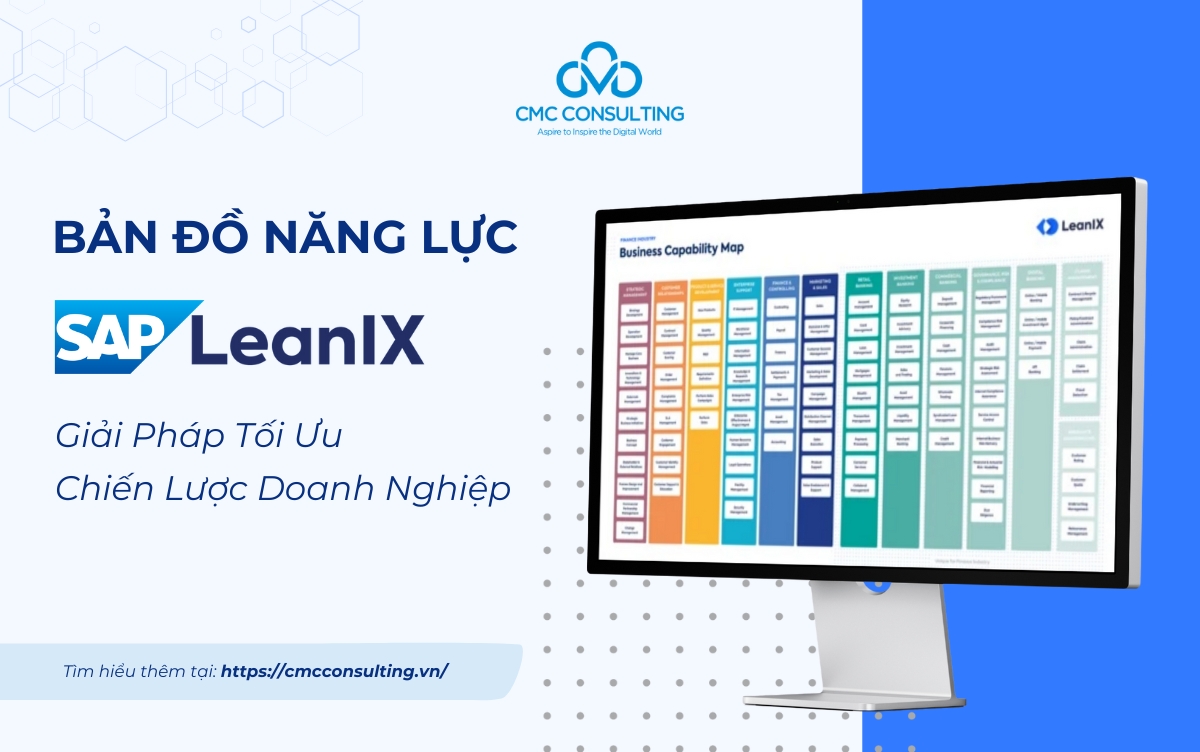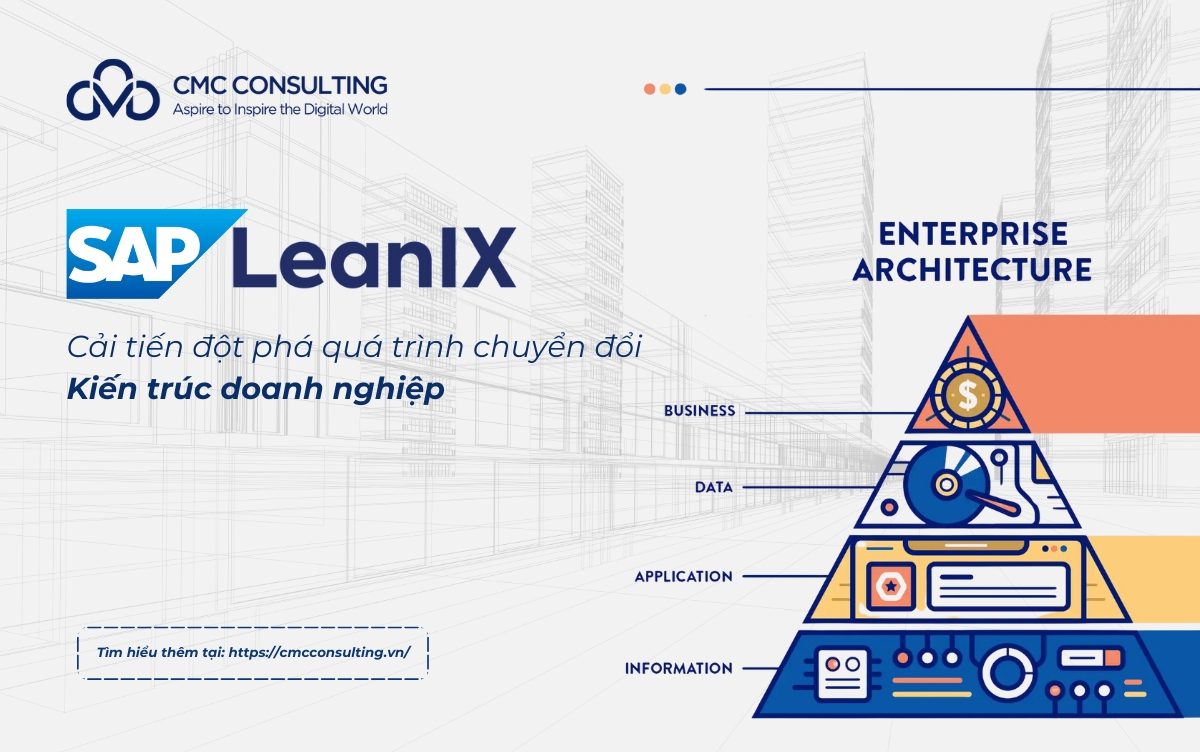In today's competitive business landscape, Small and Medium Enterprises (SMEs) face numerous challenges in managing effectively resources and optimizing operations. While large corporations have long adopted Enterprise Resource Planning (ERP) systems and reaped significant benefits, SMEs remain hesitant to invest in this solution. So, is ERP the key to breakthrough success for SMEs in the digital age, or is it an unnecessary financial burden?

1. ERP - The Golden Key for SMEs to Thrive in the Digital Era
More than 90% of large enterprises worldwide are effectively leveraging ERP systems, gaining countless significant benefits. ERP has become an indispensable tool, enabling them to optimize management processes, increase operational efficiency, and reduce operating costs. However, compared to their larger counterparts, SMEs often encounter various obstacles in implementing ERP. Some common barriers include:
- Limited financial and human resources: SMEs often have tighter budgets and smaller teams, making it challenging to allocate resources for ERP implementation.
- Difficulty selecting the right solution: With numerous ERP options available, SMEs may struggle to identify the solution that best aligns with its specific needs and capabilities.
- Concerns about implementation and maintenance costs: The initial setup and ongoing maintenance of an ERP system can seem daunting to SMEs with limited financial resources.
- Apprehensions about process changes and employee training: Implementing ERP often requires adjustments to existing workflows and comprehensive employee training, which can be perceived as disruptive and time-consuming.
However, with technological advancements and the increasing diversity of ERP solutions, SMEs can now access and leverage the benefits of this system. By selecting an ERP solution that aligns with their needs and capabilities, SMEs can transform it into a powerful tool for achieving breakthroughs in the digital age and gaining a competitive edge in the market.
How to Recognize When It's Time to Implement ERP. Here are some signs that indicate an SME should consider implementing an ERP system:
- Using multiple disparate software programs: If your business relies on separate software programs that lack integration and external connectivity, it's a sign that an ERP system could streamline your operations.
- Fragmented processes: When business processes are not integrated and data is siloed between departments, it hinders efficiency and collaboration.
- Expanding operations: If your business is experiencing rapid growth and aiming to scale up, an ERP system can provide the necessary infrastructure and support.
- Inefficient resource management leading to waste: Poorly managed human resources can result in inefficient utilization and unnecessary labor costs.
If your business is experiencing one or more of these signs, it may be time to seriously consider implementing an ERP system.
ERP - A Wise Investment for the Long Term
The haunting specter of fragmented systems, manual processes, hindered scalability, and ambiguous financial management can stifle the growth of SMEs in the digital age. The optimal solution lies in ERP - a comprehensive solution that helps SMEs "heal" management cracks, optimize operational efficiency, enhance competitiveness, and achieve breakthrough success. Let's explore the benefits of ERP when it becomes your business partner:
- Optimum resource planning and management: ERP supports businesses in planning their operations, enabling them to predict and forecast sales, costs, and other resources.
- Cost reduction: ERP systems eliminate intermediaries that hinder information flow and collaboration within a business, leading to improved work efficiency and reduced excessive costs.
- Enhanced product quality: ERP helps improve product quality by managing activities such as development, evaluation, testing, monitoring, and quality control.
- Boosted work efficiency: ERP is a key solution for minimizing unnecessary costs, promoting and enhancing production efficiency, thereby increasing profits.
- Data storage: ERP is an effective tool for data storage and analysis, providing detailed records of all business transactions, quick information retrieval, and the ability to collaborate, analyze, and exploit stored data for informed business decisions, all while ensuring high data security.
- Reduction in risk management and compliance: ERP decreases the likelihood of errors in accounting and financial processes, allowing for greater visibility and control over transactions. It also helps ensure operational compliance with company and government regulations.
- Predictive capabilities and scalability: ERP systems enable businesses to easily anticipate business opportunities and risks, driving better business outcomes and facilitating expansion.

2. SMEs Achieving Breakthroughs with ERP: Inspiring Success Stories
ERP empowers SMEs with efficient overall management, optimized operations, and enhanced competitiveness, enabling them to achieve breakthroughs and thrive in the digital age. To illustrate the effectiveness of ERP, let's explore some prime examples of SMEs that have successfully implemented this solution.
POLYCO: A leading Vietnamese corporation in the field of mechanical and electrical engineering, POLYCO faced management challenges due to the lack of an integrated solution. Fragmented information systems and a lack of accurate data made it difficult for the Board of Directors to make informed decisions. The company needed an effective management solution to enhance its competitiveness. CMC Consulting partnered with POLYCO to implement the SAP Business One ERP system, enabling comprehensive management from production and finance to human resources, increasing efficiency and reducing costs. As a result, POLYCO optimized its operations, became ready to develop new products and expand its market presence. POLYCO's digital transformation project has become a successful model for other SMEs.
Learn more about the project here.

Vietcoco: Luong Quoi Coconut Processing Company Limited (Vietcoco) previously struggled with managing the warehouse manually. They embarked on a project to build an automated warehouse on the SAP B1 platform, supporting the automation of warehouse operations and management. After implementation, Vietcoco automated its entire warehouse process, digitized operations, and integrated with ERP, resulting in cost savings, increased productivity, and better stock management. This project serves as an important stepping stone for Vietcoco's future digital transformation.
Learn more about the project here.

Rang Dong Light Bulb and Thermos Flask Joint Stock Company: Rang Dong faced difficulties in managing processes from procurement to production and sales. The company implemented SAP B1 to optimize processes, improve productivity, and enhance product quality. Thanks to SAP B1, Rang Dong gained timely access to information, effectively controlled costs, and made valuable business decisions, thereby increasing its competitive advantage.
Learn more about the project here.

Kuwait Petroleum Vietnam Company Limited (KPVC): A 100% foreign-owned company, KPVC successfully implemented SAP B1 to connect with its parent company in Kuwait, consolidate financial reports, and effectively manage business operations and human resources. With SAP B1, KPVC's management can operate remotely, approving reports and requests quickly and efficiently. Departments and divisions are linked with information and support each other, while approvals are swift and accurate. SAP B1 has supported KPVC in improving management efficiency, optimizing processes, and achieving business growth since 2017.
Learn more about the project here.

3. Criteria for Selecting the Right ERP System for Your Business
Implementing an ERP system offers numerous benefits, contributing to increased operational efficiency, process optimization, and enhanced competitive advantage. However, to select the appropriate ERP system, businesses need to carefully consider several important criteria. Here are key factors to ensure the ERP system best meets your business needs and management goals:
- Scalability and integration: The ERP system should be flexible and scalable to accommodate future business growth. Additionally, its ability to integrate with current software or third-party systems is crucial. Businesses need to ensure the ERP system can effectively integrate with warehouse, sales, and equipment software to optimize operational efficiency.
- Appropriate functionality and ease of use: Businesses need to clearly define their specific and practical business requirements to select the right software. The ERP system should be user-friendly, easy to operate, and navigate.
- Budget alignment: Businesses need to determine the cost of implementing an ERP system and ensure it aligns with their financial capabilities. Costs to consider include software costs, implementation costs, and annual maintenance fees.
- Vendor capabilities: Prioritize vendors with extensive experience in ERP implementation, in-depth consulting capabilities, and the ability to provide solutions tailored to its specific requirements. Evaluating vendor capabilities should not solely rely on software specifications but also consider their consulting, support, and post-implementation problem-solving abilities.
Selecting the right ERP system is a critical decision that directly impacts a business' operational efficiency and competitiveness. Based on the criteria outlined above, CMC Consulting is proud to be the top choice for Vietnamese businesses seeking optimal ERP solutions.
CMC Consulting's Distinctive Value:
- Team: Nearly 150 experienced experts with deep understanding across various industries and fields. CMC Consulting also regularly organizes skill-boosting training for its staff, ensuring they stay updated with the latest technologies and trends in the ERP field.
- Experience: With over 16 years of ERP implementation experience, CMC Consulting boasts a profound understanding of business needs and SAP ERP solutions. We have successfully implemented over 100 projects for clients in various sectors such as real estate & construction, retail, banking, and manufacturing.
- Professional service quality: Our implementation process ensures the ERP system operates effectively, optimizing benefits for your business. We offer dedicated 24/7 support, promptly addressing any questions or issues.
- Competitive pricing: CMC Consulting consistently offers customers with reasonable prices that fit the businesses' financial capabilities.
Contact CMC Consulting today for a consultation on the most suitable ERP solution for your business!




 CMC Consulting
CMC Consulting 25/03/2024
25/03/2024







